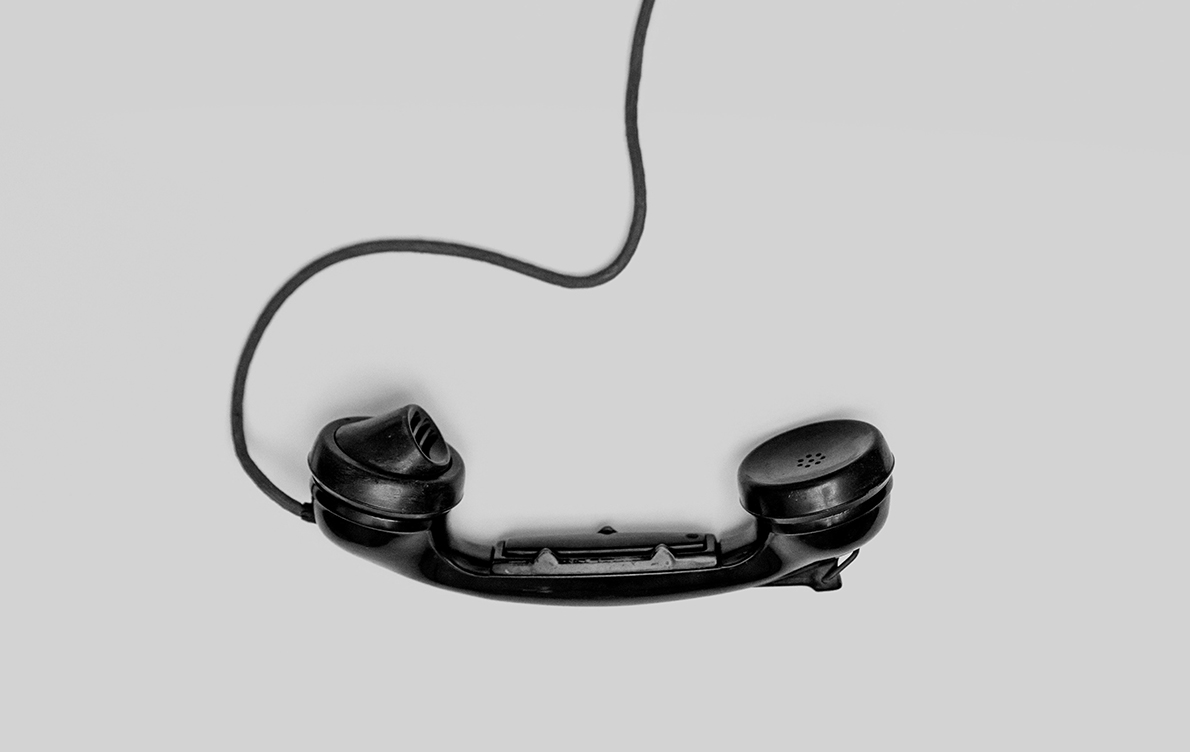U.S. Women’s Soccer Team Joins the Fight for Equal Pay
On Wednesday, March 30, five players for the U.S. women’s soccer team officially joined the national fight for equal pay by submitting a wage discrimination complaint to the Equal Employment Opportunity Commission (“EEOC”).
The players filing the complaint include the most well-known female soccer players in the world — Carli Lloyd, Becky Sauerbrunn, Alex Morgan, Megan Rapinoe, and Hope Solo. With such noteworthy names attached to the EEOC filing, it has already garnered significant media attention, bringing the equal pay issues confronted by women across the country to the forefront. As goalkeeper Hope Solo explained:
“In this day and age, it’s about equality. It’s about equal rights. It’s about equal pay. We’re pushing for that. We believe now the time is right because we believe it’s our responsibility for women’s sports and specifically for women’s soccer to do whatever it takes to push for equal pay and equal rights. And to be treated with respect.”
The decorated U.S. women’s soccer team has plenty of accomplishments to brag about, including three World Cup championships, four Olympic gold medals, and generating nearly $20 million more in revenue than the men’s U.S. Soccer team in 2015. However, the EEOC complaint alleges the women earn significantly less than their male counterparts for identical work. For example, the EEOC filing cites that while the men would likely earn $263,320 each for winning twenty exhibition games in a season (the minimum required to be played in one year), the women would earn only $99,000 for the same triumph. In addition, the men each earn between $5,000 and $17,625 for every additional game played beyond the minimum of twenty exhibition games, while the women earn nothing if they play more than twenty games in a season.
The EEOC complaint represents the first step in the litigation process to pursue the women’s discrimination claim. From there, the EEOC will commence an investigation to determine whether there is probable cause to believe discrimination has occurred. Both sides are required to cooperate with the EEOC in good faith in its investigation. If the EEOC finds such cause, it may file a complaint for discrimination in an appropriate court on behalf of the women, or it can issue a “Notice-of-Right-to-Sue” letter, which would allow the women to file a formal court action for discrimination within ninety days.
The complaint filed by these high profile women only serves to highlight the need for further dialogue and discussion concerning equal pay for equal work. We will post on future developments in this EEOC case as they occur.
As the law continues to evolve on these matters, please note that this article is current as of date and time of publication and may not reflect subsequent developments. The content and interpretation of the issues addressed herein is subject to change. Cole Schotz P.C. disclaims any and all liability with respect to actions taken or not taken based on any or all of the contents of this publication to the fullest extent permitted by law. This is for general informational purposes and does not constitute legal advice or create an attorney-client relationship. Do not act or refrain from acting upon the information contained in this publication without obtaining legal, financial and tax advice. For further information, please do not hesitate to reach out to your firm contact or to any of the attorneys listed in this publication.
Join Our Mailing List
Stay up to date with the latest insights, events, and more





